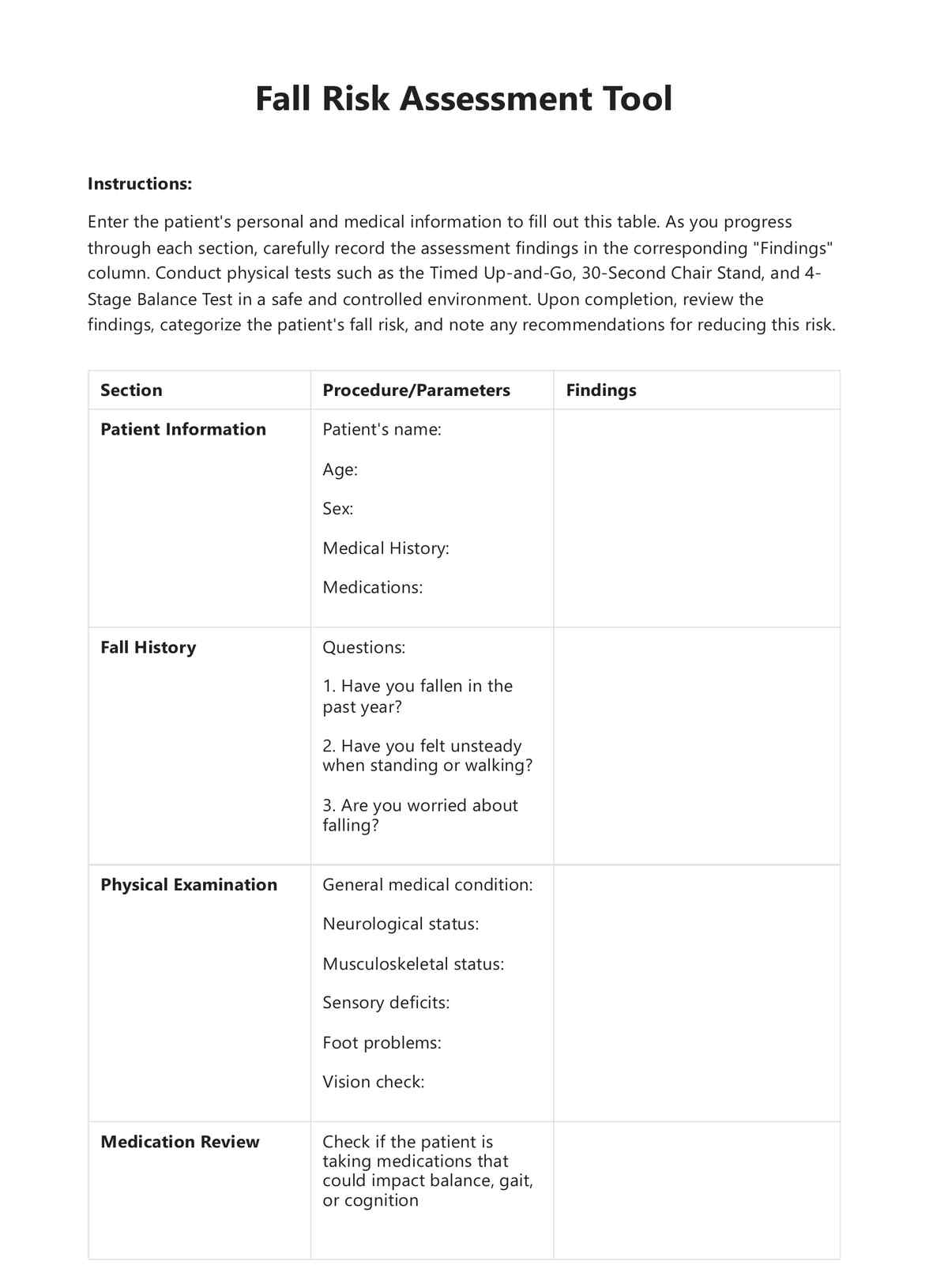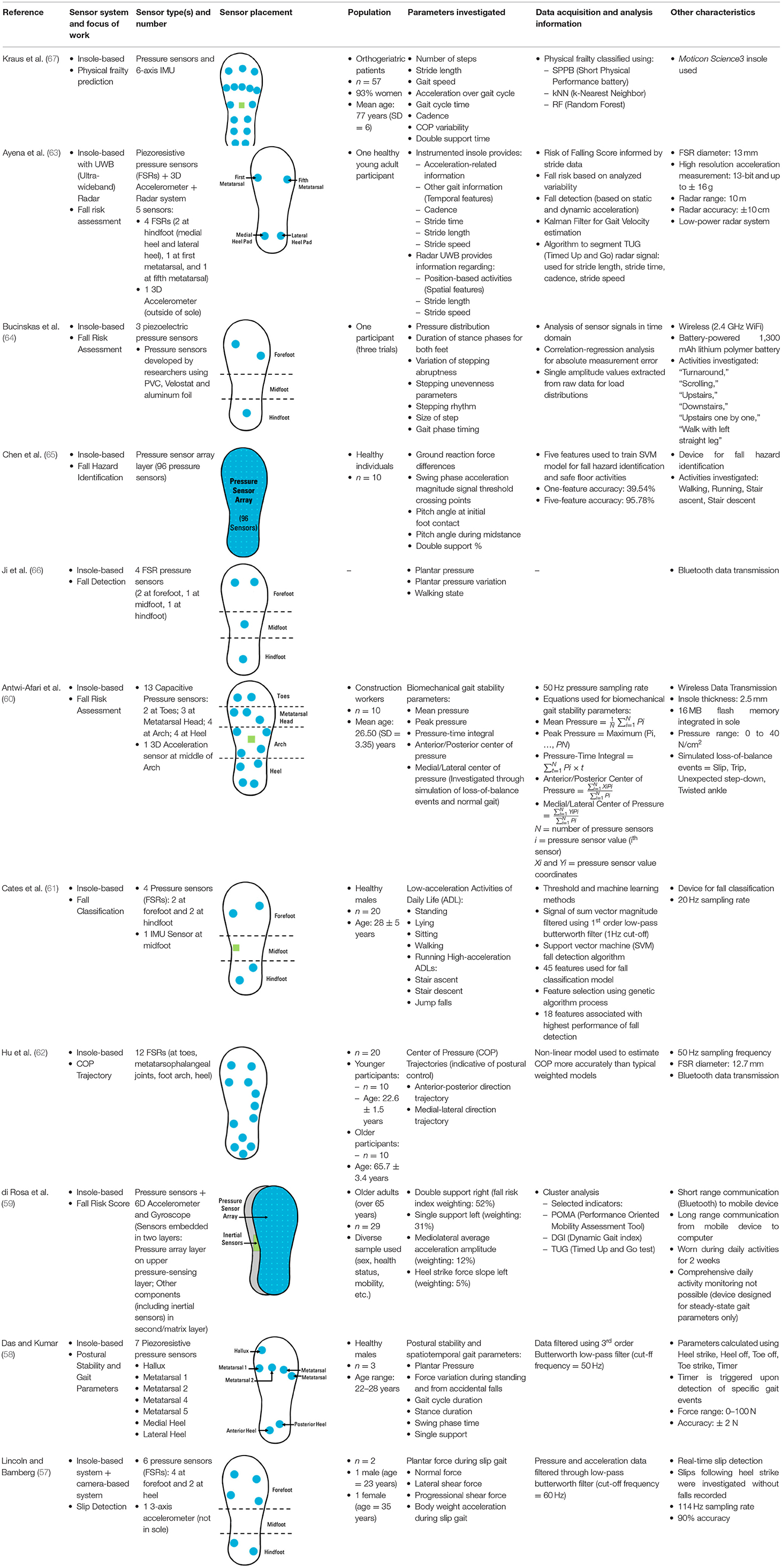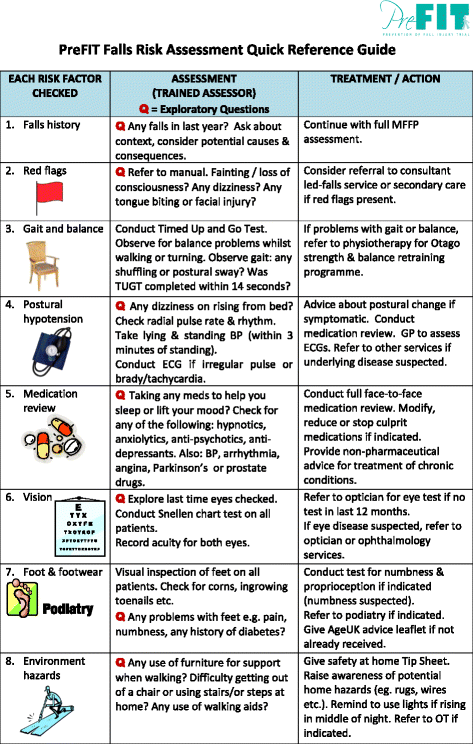Get This Report on Dementia Fall Risk
Get This Report on Dementia Fall Risk
Blog Article
10 Easy Facts About Dementia Fall Risk Shown
Table of ContentsThe Main Principles Of Dementia Fall Risk Indicators on Dementia Fall Risk You Need To KnowFacts About Dementia Fall Risk UncoveredThe Best Guide To Dementia Fall Risk
A loss danger analysis checks to see how likely it is that you will certainly fall. The evaluation usually includes: This includes a series of concerns concerning your general health and wellness and if you've had previous drops or troubles with equilibrium, standing, and/or strolling.STEADI includes testing, evaluating, and treatment. Treatments are referrals that may minimize your risk of dropping. STEADI includes 3 steps: you for your risk of succumbing to your danger aspects that can be boosted to try to avoid falls (for instance, equilibrium troubles, damaged vision) to minimize your danger of dropping by utilizing efficient approaches (for instance, giving education and resources), you may be asked numerous questions consisting of: Have you fallen in the previous year? Do you really feel unstable when standing or strolling? Are you stressed over dropping?, your service provider will certainly examine your toughness, equilibrium, and stride, making use of the adhering to loss evaluation tools: This examination checks your gait.
You'll rest down again. Your provider will certainly examine for how long it takes you to do this. If it takes you 12 seconds or even more, it may mean you go to higher threat for a fall. This examination checks stamina and equilibrium. You'll rest in a chair with your arms went across over your breast.
Relocate one foot halfway onward, so the instep is touching the large toe of your other foot. Relocate one foot totally in front of the various other, so the toes are touching the heel of your other foot.
Things about Dementia Fall Risk
The majority of drops take place as a result of numerous adding elements; for that reason, handling the danger of dropping starts with determining the elements that add to drop threat - Dementia Fall Risk. Several of the most appropriate risk elements include: Background of prior fallsChronic clinical conditionsAcute illnessImpaired gait and equilibrium, lower extremity weaknessCognitive impairmentChanges in visionCertain risky medications and polypharmacyEnvironmental variables can likewise raise the threat for falls, including: Inadequate lightingUneven or harmed flooringWet or unsafe floorsMissing or damaged handrails and get barsDamaged or incorrectly equipped tools, such as beds, wheelchairs, or walkersImproper use assistive devicesInadequate guidance of the people residing in the NF, including those that show hostile behaviorsA effective fall risk administration program calls for a complete medical analysis, with input from all participants of the interdisciplinary group

The care strategy must likewise include helpful hints interventions that are system-based, such as those that advertise a safe environment (proper lighting, handrails, grab bars, etc). The effectiveness of the treatments should be reviewed regularly, and the treatment strategy revised as needed to reflect modifications in the fall danger analysis. Carrying out a fall threat monitoring system using evidence-based finest practice can lower the frequency of falls in the NF, while restricting the potential for fall-related injuries.
The Main Principles Of Dementia Fall Risk
The AGS/BGS standard recommends evaluating all grownups matured 65 years and older for loss risk yearly. This screening includes asking patients whether they have actually fallen 2 or more times in the previous year or sought medical focus for a fall, or, if they have not fallen, whether they really feel unstable when strolling.
Individuals that have actually dropped as soon as without injury ought to have their balance and gait reviewed; those with gait or balance problems ought to get additional analysis. A background of 1 fall without injury and without gait or equilibrium additional info issues does not call for additional analysis past ongoing annual autumn danger testing. Dementia Fall Risk. A fall risk evaluation is needed as component of the Welcome to Medicare evaluation

Get This Report on Dementia Fall Risk
Documenting a falls background is among the top quality indicators for autumn prevention and monitoring. An important part of danger assessment is a medicine review. Several classes of drugs raise fall threat (Table 2). Psychoactive medicines specifically are independent predictors of drops. These medications often tend to be sedating, change the sensorium, and hinder equilibrium and gait.
Postural hypotension can commonly be eased by decreasing the dose of blood pressurelowering medications and/or stopping drugs that have orthostatic hypotension as a side impact. Use above-the-knee assistance pipe and copulating the head of the bed boosted might also reduce postural decreases try this site in high blood pressure. The recommended aspects of a fall-focused physical exam are displayed in Box 1.

A yank time higher than or equal to 12 seconds suggests high autumn danger. The 30-Second Chair Stand test analyzes reduced extremity toughness and balance. Being unable to stand from a chair of knee elevation without utilizing one's arms suggests enhanced fall risk. The 4-Stage Balance examination assesses fixed equilibrium by having the client stand in 4 placements, each gradually a lot more tough.
Report this page